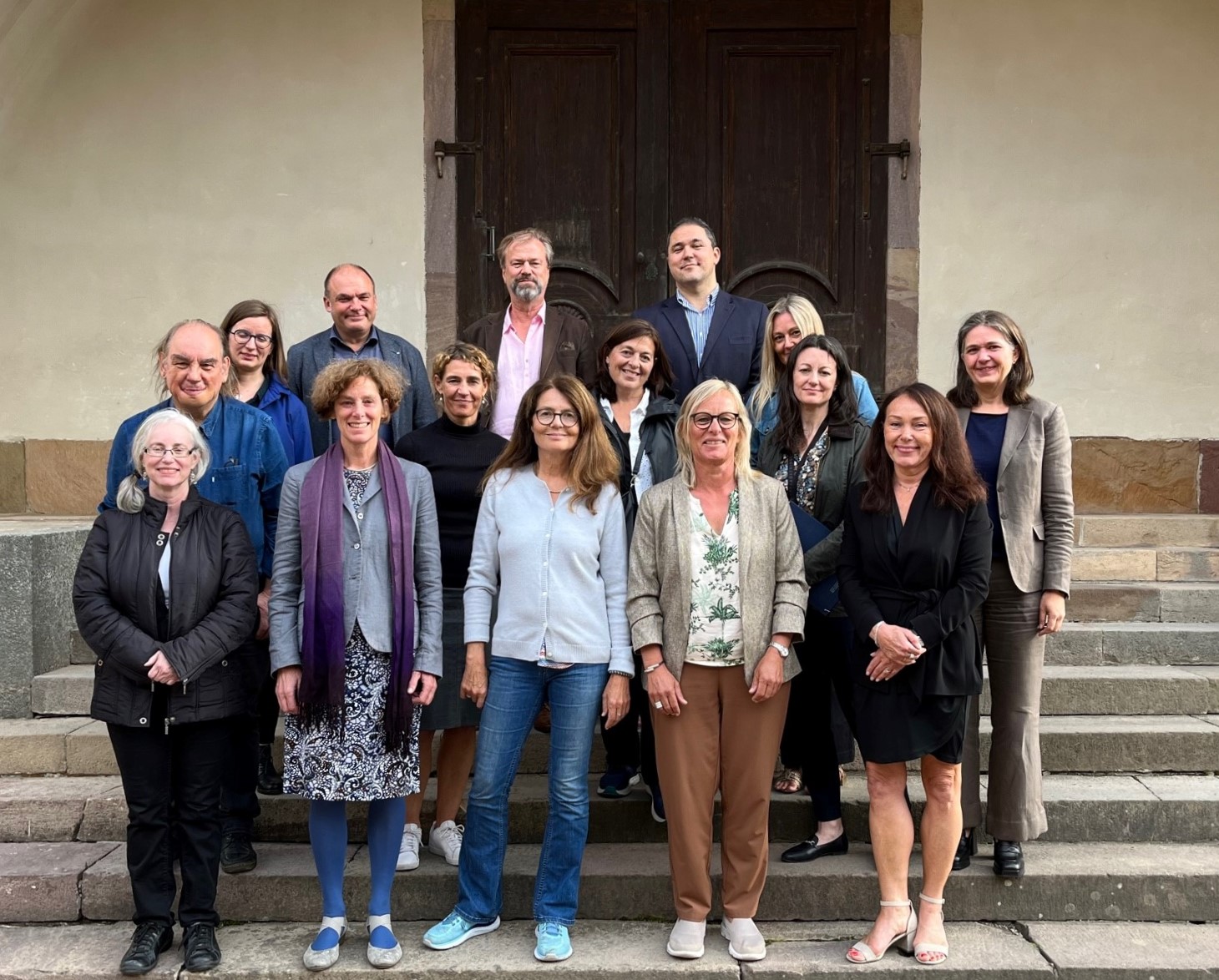
New collaboration between the Nordic Institutes of Advanced Study
An interdisciplinary approach to global issues and joint research funding are some of the possible activities for the new Nordic IAS.
“We have so much in common”, Marianne Holmer, Director of DIAS, was attending a workshop with the other Institutes of Advanced Study, IAS’ in the Nordic Countries.
A dream of a joint Nordic IAS was born that day in Uppsala, Sweden. In the end of August 2022 all the Directors met in Turku, Finland, to plan goals and aspirations for the new collaboration.
The Nordic region currently hosts eight Institutes for Advanced Study – two in Denmark, three in Finland, two in Sweden and one in Norway. See a list of names and links below.
Global problems call for complexity
“The contemporary world can be characterized as facing a number of “wicked problems”, that is complex issues which require responses from several academic disciplines. Such issues include climate change, pandemics, refugee crises and conflict situations such as the war in Ukraine.
Rather than being the domain of one academic discipline such problems require interdisciplinary approached wherein researchers from different disciplines come together to learn from one another and postulate solutions to seemingly intractable problems. This is not merely desirable, it is necessary.”
The above is the main point from the collaboration’s necessity in the Policy Brief before the meeting developed on the prior workshops. It sums up the importance of trying to work with interdisciplinarity with a policy outcome.
“Interdisciplinarity is not given in an IAS, but all the other Nordic Countries IAS’ have that same focus” Marianne Holmer says.
To raise the awareness of IAS’ in political circles, working actively with policy is one of the focus points for the new coalition. However, helping governments come to terms with interdisciplinarity could be developed via notions of Nordic Trust and openness.
Joint activities
The new Nordic IAS aims for a broad range of different joint activities.
Including joint research funding bids with a focus on Nordic funding opportunities where collaborative efforts may bring mutual rewards.
In the same term the coalition could provide network possibilities to the affiliated DIAS members due to interdisciplinary research as well as a Visiting Fellow Scheme.
Furthermore, political work such as joint responses to current events such and crises like Ukraine could have a greater impact when done together and even offering a joint programme for scholars at risk.
Collaborations on events such as conferences, public events and lecture series is also a possible outcome of the collaboration.
Knowledge sharing on review processes, the administrative level and management could also be beneficial, and lastly research on IAS effectiveness was discussed as a possible activity across the eight IASs.
“The idea is to share knowledge – what does it means to be an IAS institute? To do things together and create more visibility”, Marianne Holmer says.
Why an additional IAS collaboration?
There are already several networks between IAS’ in Europe such as NETIAS (http://netias.science/ ) and worldwide such as UBIAS (http://www.ubias.net/ ).
The founding Nordic IAS’ emphasizes that it is not the point to replace the already existing networks but rather to complement them.
Some of the activities might be easier and have greater agility in a smaller network. As well as having more things in common due to history, culture and the interdisciplinary focus area.
Next step
The Directors meet again in December at CAS in Oslo, Norway, to work on an application to raise funding to establish the new network.
Here’s a list of names and links for the other seven IAS’ in the Nordic Countries that will be part of the new Nordic IAS as well as DIAS.
Helsinki Collegium for Advanced Studies, Helsinki, Finland, https://www.helsinki.fi/en/helsinki-collegium-advanced-studies
The Putendorf Institute for Advanced Studies, Lund, Sweden, https://www.pi.lu.se/en/pufendorf-ias
The Swedish Collegium for Advanced Studies, SCAS, Uppsala, Sweden, http://www.swedishcollegium.se/
Tampere Institute for Advanced Study, Tampere, Finland, https://research.tuni.fi/tampere-ias/
Turku Institute for Advanced Studies, TIAS, Turku, Finland, www.utu.fi/tias
Aarhus Institute of Advanced Studies, AIAS, Aarhus, Denmark, https://aias.au.dk/
Centre for Advanced Study, CAS, Oslo, Norway, https://cas.oslo.no/
Sources: Power Point Presentation and Policy Brief made by Martin Cloonan, director of the Turku Institute for Advanced Studies (TIAS).